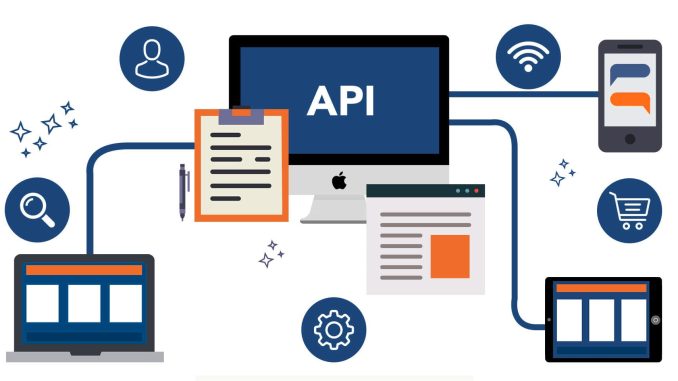
Application Programming Interfaces (APIs) have become the backbone of current applications in the fast-evolving world of software development. APIs enable data transmission and functionality between different software components, allowing for smooth collaboration. API reliability and functionality are critical to the success of any software project. This is where API Testing can help. In this post, we will look at what API Testing is, and why it is important for developing resilient and high-performing apps.
What is API Testing?
API testing is a subset of software testing that validates API functionality, dependability, security, and performance. It entails making API queries, analyzing the results, and determining whether the API operates as expected under various scenarios. Unlike graphical user interfaces (GUI), APIs do not have a visual representation, making traditional manual testing methods inadequate for assessing functionality. API Testing, therefore, becomes essential to assess the core functionality of the application behind the scenes.
The Importance of API Testing
- Detecting Functional Defects:
APIs are responsible for handling the exchange of data and requests between various software components. By conducting API Testing, developers can ensure that the API functions correctly and returns the expected responses for different inputs. Detecting and fixing functional defects at this stage prevents further complications down the development pipeline and reduces the risk of bugs affecting the user interface.
- Enhancing Software Performance:
API performance is a critical factor in determining an application’s overall responsiveness and scalability. API Testing allows developers to assess the response times and throughput of the API under various loads. By identifying bottlenecks and areas for optimization, developers can enhance the performance of the API, resulting in a more efficient and robust application.
- Ensuring Data Security:
APIs often handle sensitive data and perform critical functions. Suitable security measures must be in place to defend against unauthorized access, data breaches, and other threats. API testing aids in determining the efficacy of authentication systems, data encryption, and other security processes.
- Facilitating Integration:
In modern software development, applications rarely exist in isolation. They are integrated with various third-party services and APIs. API Testing ensures that the integration between different APIs and services is seamless, allowing data to flow correctly and functionalities to work as expected.
- Supporting Agile and Continuous Delivery:
API Testing plays a pivotal role in agile development and continuous delivery practices. Automated API Testing can be integrated into the development process, allowing teams to verify changes and releases quickly. This leads to faster development cycles, early detection of issues, and more reliable software deliveries.
Conclusion
Finally, API testing is a critical component of the software testing process since it allows developers to evaluate the functionality, performance, security, and dependability of APIs. Developers can find and correct functional flaws, optimize performance, ensure data security, and promote seamless integration with other components by properly testing APIs. Embracing API Testing in software development practices not only leads to more robust and high-performing applications but also supports agile development methodologies and continuous delivery practices. So, what is API Testing? It is the cornerstone that ensures APIs function as intended, empowering modern applications to meet the demands of today’s technology-driven landscape.

Leave a Reply